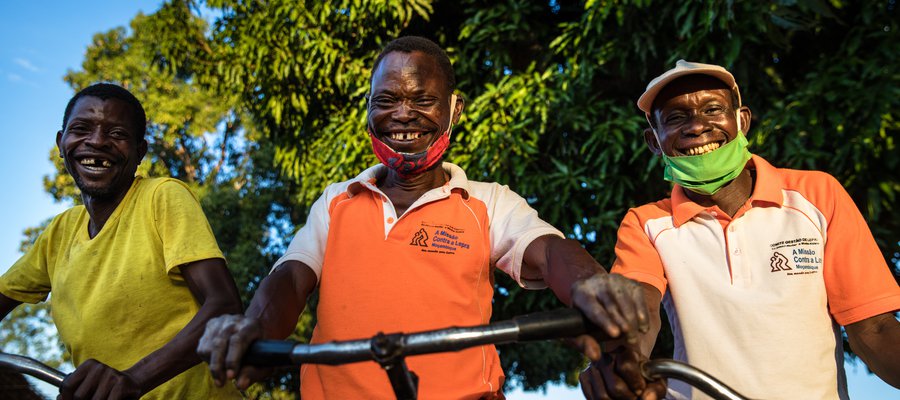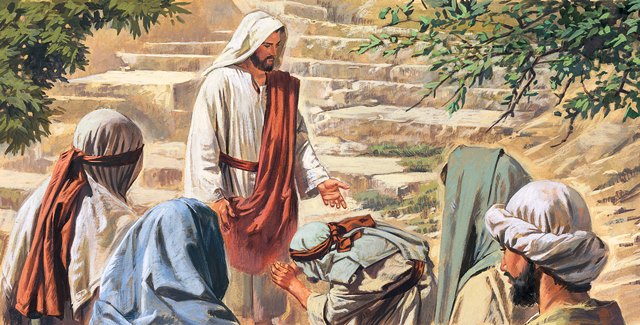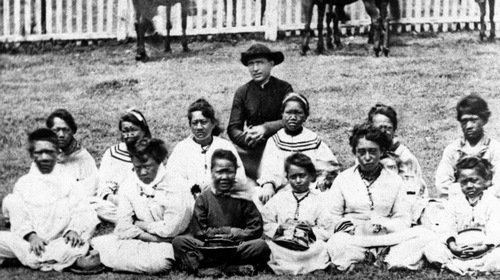When is World Leprosy Day 2023?
In 2023, World Leprosy Day is Sunday 29 January. World Leprosy Day always takes place on the last Sunday of January.
This date was chosen by French humanitarian, Raoul Follereau as a tribute to the life of Mahatma Gandhi, who did much work with persons affected by leprosy and died at the end of January in 1948.
What is World Leprosy Day?
World Leprosy Day takes place on the last Sunday of January each year. It is organised by organisations of people affected by leprosy and leprosy-focused NGOs, including The Leprosy Mission, and is an opportunity to lift up the voices of people affected by leprosy throughout the world.
What is the theme for World Leprosy Day 2023?
The theme for World Leprosy Day 2023 is ‘Act Now: End Leprosy’.
Why do we celebrate World Leprosy Day?
We celebrate World Leprosy Day to raise awareness of a disease that many people think does not exist anymore.
Each year there are 200,000 people diagnosed with leprosy and there are millions who are living with the damaging consequences of delayed leprosy treatment.
World Leprosy Day is an opportunity to celebrate the lives of those affected, raise awareness of the signs and symptoms of the disease, and tackle the stigma that too often surrounds leprosy. It is also an opportunity to raise money so that we can be the generation that ends leprosy transmission.


 It may be good to remind ourselves that when the ‘if, perhaps, maybe’ are spoken…” they always come from our side…
It may be good to remind ourselves that when the ‘if, perhaps, maybe’ are spoken…” they always come from our side… Leprosy is one of the oldest recorded diseases in the world. It is an infectious chronic disease that targets the nervous system, especially the nerves in the cooler parts of the body – the hands, feet, and face.
Leprosy is one of the oldest recorded diseases in the world. It is an infectious chronic disease that targets the nervous system, especially the nerves in the cooler parts of the body – the hands, feet, and face. On a picturesque peninsula of one of Hawaii’s smallest islands are the remnants of one of history’s most horrific medical sequesters. Kalaupapa, on the island of Molokai, is Hawaii’s leprosy colony, where 8,000 people were sent into exile over the course of a century. Six of these patients still live sequestered, out of the 16 total patients who are still alive. They range in age from 73 to 92.
On a picturesque peninsula of one of Hawaii’s smallest islands are the remnants of one of history’s most horrific medical sequesters. Kalaupapa, on the island of Molokai, is Hawaii’s leprosy colony, where 8,000 people were sent into exile over the course of a century. Six of these patients still live sequestered, out of the 16 total patients who are still alive. They range in age from 73 to 92.